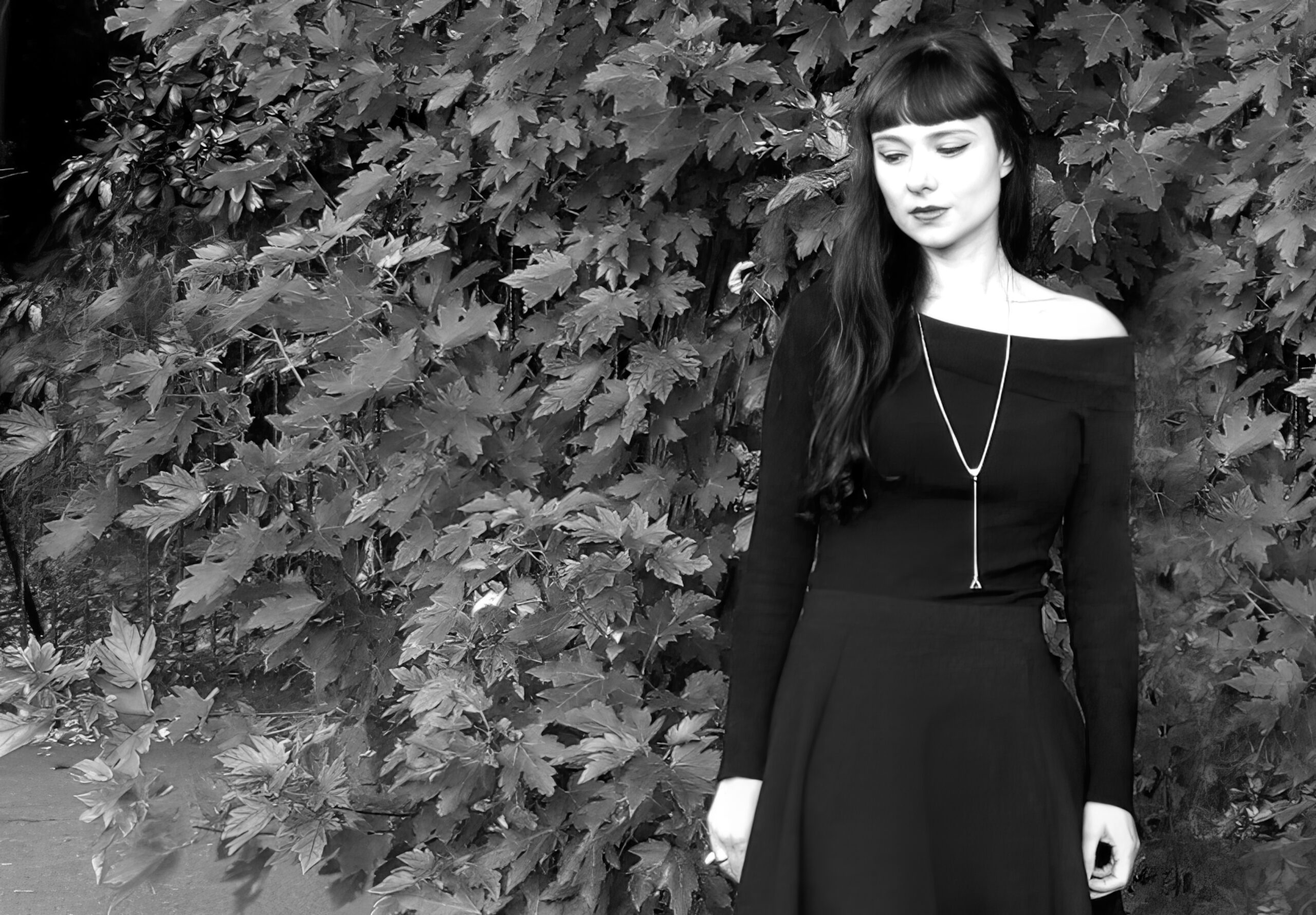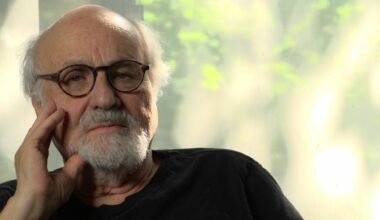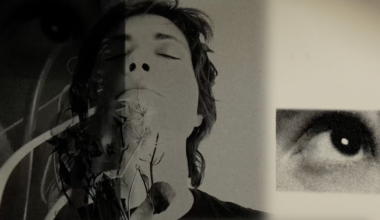Glass Isle is the alias of the London-based Brazilian artist Zuleika AvTes. Working primarily with sound, she integrates experimental electronic music and field recordings with resonance patterns, abstract frequencies, and elements of chance, exploring ideas of transience and liminality, sound as a form of sigil. Her work encompasses concepts of memory, time, the unconscious and Jungian archetypes.
The first line-up was Zuleika AvTes and Natalie Williams. The duo recorded their debut album together and in 2015 it was released by Mordant Music. Vels d’Èter, the first solo release by Zuleika AvTes as Glass Isle, recorded in London between 2015 and 2023, was released by the Outer Reaches label in 2023.
FACTS
1. The void holds eternity.
2. The number 137 affects the stability of matter, the formation of stars, and even the possibility of life as we know it.
3. Pigeons can tell the difference between Picasso and Monet.
1. What is the biggest inspiration for your music?
Liminality, when it feels like music becomes eternity inside of time. Sound itself, creating and immersing myself inside layers of soundscapes and the freedom that this process evokes. But it can often live in the paradoxical, so at some point trusting the unpredictable is part of the process. Memory, transience, ritual, archetypes, nature, death, rebirth.
2. How and when did you get into making music?
Since childhood, music has always been a passion. My father was a musician. From an obsessed music listener, I slowly transitioned into making music. When I was 16 I got my first bass and played in a few bands later on. Eventually, I started to dive into synths and experimental electronic music.
3. What are 5 of your favourite albums of all time?
Dead Can Dance – The Serpent’s Egg
Brian Eno – Music for Films
Can – Tago Mago
This Heat – This Heat
Cocteau Twins & Harold Budd – The Moon & the Melodies
4. What do you associate with Berlin?
I’ve only been to Berlin once, so I’d love to explore the city more. It reminds me of Wings of Desire, one of my favourite films, the cinematography by Henri Alekan is outstanding. I also associate the city with David Bowie’s Berlin Trilogy albums.
5. What’s your favourite place in your town?
I have two hometowns, Sao Paulo & London.
In London: Hampstead Heath.
In Sao Paulo: Pinacoteca de Sao Paulo.
6. If there was no music in the world, what would you do instead?
If there was no music, perhaps the world wouldn’t even exist. Music is sound; sound is vibration. And vibration permeates everything that exists. Sound feels like intrinsic vital energy, our hearts beating and our blood circulation have a melody of their own. The background hum that spreads through the planets. But if the fabric of the universe is somehow changed, I would continue to take photographs, draw and re-start painting.
7. What was the last record/music you bought or listen?
Electronic – Delia Derbyshire, Brian Hodgson & David Vorhaus.
8. Who would you most like to collaborate with?
A kind of otherworldly collaboration, to capture the sounds of another dimension through field recordings. A collaboration with the soundwaves from parallel worlds.
9. What was your best gig (as performer or spectator)?
Broadcast at ULU in London.
10. How important is technology to your creative process?
Using technology and or the studio as a compositional tool is quite important to my creative process, even though I am a kind of technology agnostic and my set up is usually minimal. My process is based on incorporating field recordings and improvisations with layers of sounds and non-linear structures via my looping pedals. I think the use of technology can enhance the possibility of chance and synchronicity to happen through a sound-weaving tapestry of sonic experimentation.
11. Do you have siblings and how do they feel about your music?
Yes, I have two sisters. We all grew up listening to music, sharing our favourite bands. They support my creative pursuits, so I am grateful.


